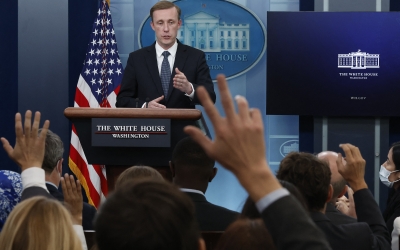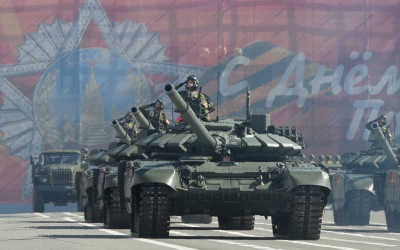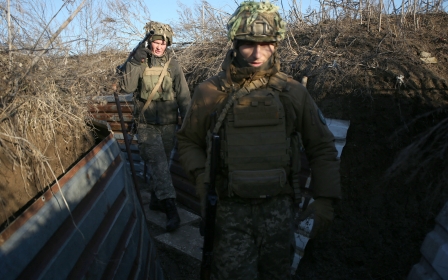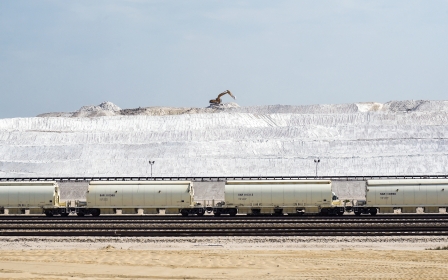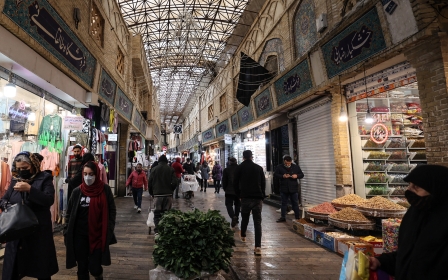CIA director says Russia-Iran ties suffer from 'limits' and lack of trust
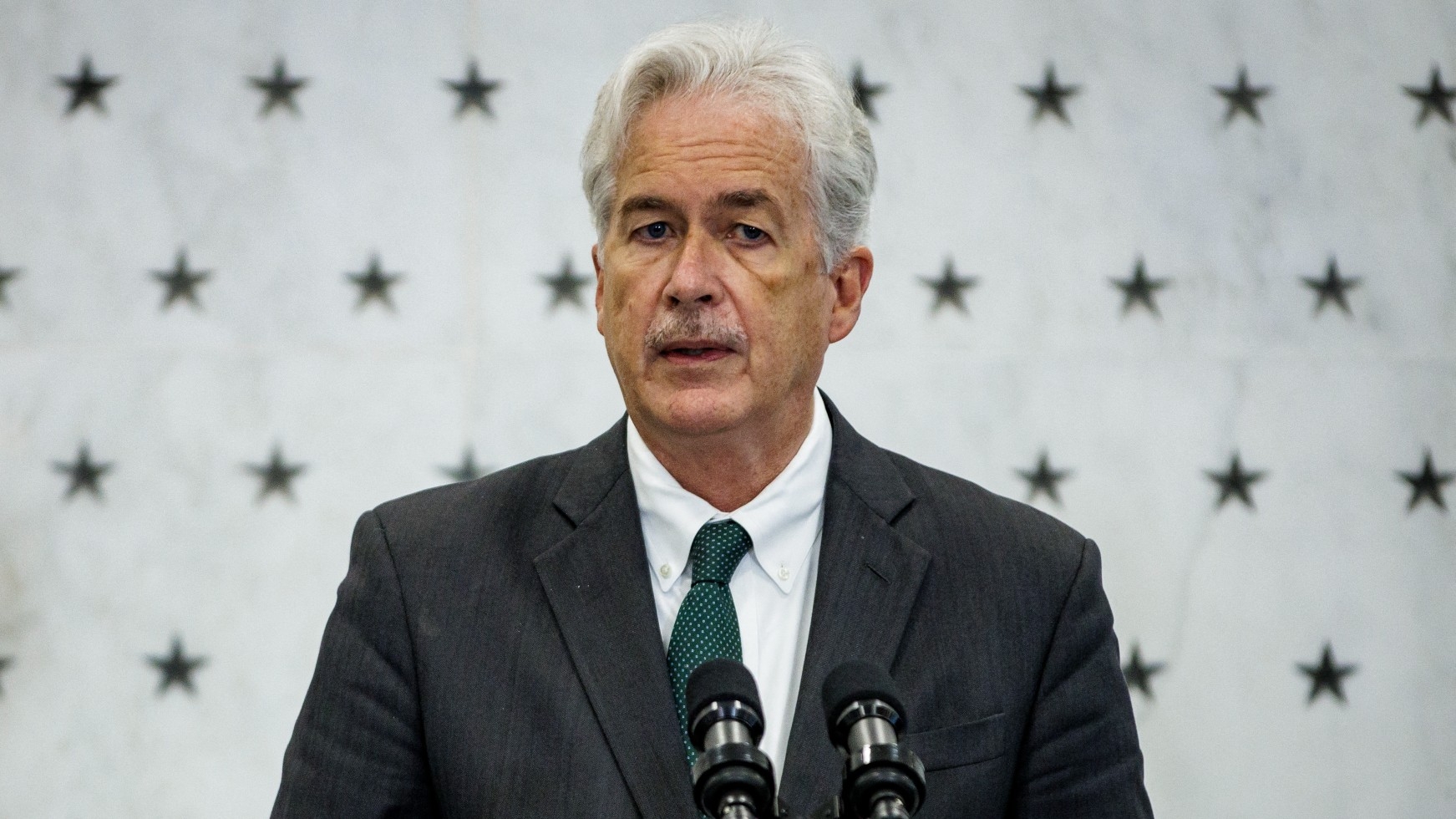
CIA director William Burns has downplayed Russian President Vladimir Putin's recent visit to Iran, saying an alliance between the two countries would be limited by their overall lack of trust.
Burns, who spoke on Wednesday at the annual Aspen Security Forum in Aspen, Colorado, also acknowledged a declassified US intelligence assessment that Russia was preparing to buy armed drones from the Iranian government.
"It's true that the Russians are reaching out to the Iranians to try to acquire drones, UAVs," Burns said. "It's important, I think, for us to remember or to remind ourselves, when we look at that prospect, that the purpose of those drones is to kill Ukrainian civilians in a brutal and unprovoked war of aggression."
White House national security adviser Jake Sullivan told reporters last week that Iran was looking to send "hundreds" of armed and unarmed drones to Moscow, in addition to preparing to train Russian forces on how to use the unmanned aircraft vehicles (UAVs).
According to a report published by CNN last week, Russian officials visited the Kashan Airfield south of Tehran at least twice in recent weeks to examine Shahed-191 and Shahed-129 drones.
"It's important to remind ourselves that it's a reflection, in some ways, of the deficiencies of Russia’s defence industry today, and the difficulties they're having after significant losses so far in the war against Ukraine," Burns said.
The flow of arms from the Middle East to Russia would mark a stark reversal for the region's arms industry. Russia is the world's second-largest supplier of arms behind the United States. While the majority of its exports go to India and China, the Middle East has been an important market.
'Energy rivals and historic competitors'
Moscow's outreach to Tehran for military support was "a reflection, in some ways, of the deficiencies of Russia's defence industry today," Burns said, noting Russia had suffered significant losses in its war against Ukraine.
Middle East Eye reported earlier this year that buyers of Russian weapons in the Mena region were likely to face logistics and supply nightmares as Moscow prioritises arming its own military.
Following Moscow's offensive, western countries have also imposed sanctions and export controls designed to cut off the flow of semiconductors, aircraft components and other technologies that are crucial to Russia's defence industry.
Burns noted that while both Russia and Iran were allies in conflicts such as Syria, their cooperation had limits.
"They need each other, they don't really trust each other, in the sense that they’re energy rivals and historical competitors," he said.
On Tuesday, Russian President Vladimir Putin travelled to Iran for his first trip since the start of the war in Ukraine and met with Iranian President Ebrahim Raisi and Turkish President Recep Tayyip Erdogan.
Turkey is a Nato ally and has publicly backed Ukraine against Russia, but has tried to carefully balance its relationship with Moscow and attempted to serve as a mediator.
"Turkey and President Erdogan are always very good, very adept, and have a lot of practice at juggling a lot of apparently contradictory relationships," Burns replied when asked about the Russian-Turkish relationship.
Middle East Eye delivers independent and unrivalled coverage and analysis of the Middle East, North Africa and beyond. To learn more about republishing this content and the associated fees, please fill out this form. More about MEE can be found here.


